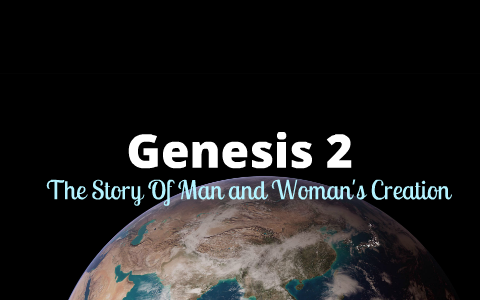Tonight we are gathering to begin our study of Adam & the Fall as recorded in Genesis 2-3. We will start with Genesis 2:4 and see how far we get.
Garden of Eden:
After the Lord God forms and animates the clay-person in v.7, our story tells us that God plants a garden in Eden, and the man is placed there. The next several verses will describe the garden as a luxurious place containing “every tree that is pleasing to the sight and good for food” as well as the source spring of the world’s great rivers. (Remember there is no rain, but water flows up from the ground. Gen. 2:6). Also in this garden is the Tree of Life and the Tree of Knowledge. As we will learn later, the garden is that place where the Lord God is physically present and personally interacts with his creation.
The Hebrew word for garden “gan” has the sense of an enclosed or walled space. Think of the walled gardens at Brookgreen or behind certain houses in Charleston. This is a cultivated, landscaped, well-planned, and well-ordered space. The Greek word for this type of garden is paradeisos which will become the English word paradise.
Eden and Eschatological Restoration:
The entire story of Scripture depends upon our understanding of this Garden. The story of Adam and the Fall is a means for us to understand the human condition of living in a broken world. In this story, the Scriptures look back to a time of human existence before the fall and our estrangement for God. Other parts of Scripture, however, look forward to a time when that estrangement ends, and we are once more returned to the Garden in the very presence of God once more. In other words, the end time (eschatology) is nothing more than a return, in some sense, to the beginning of time. This is why in Judaism, the hereafter for the righteous is called gan Eden or and in Christianity, we say Paradise.
Both Ezekiel and Deutero-Isaiah prophesied during the Babylonian Captivity when Israel had been removed from Jerusalem and Solomon’s Temple destroyed. Both prophets will speak about restoring Israel like the Garden in Eden. Isa. 51:3, Ezek. 36:35. Both prophets look forward to that time when God will cleanse, renew, and restore Israel to the beatific state once enjoyed in the Garden.
In Christian eschatology, John the Divine describes the New Heaven and the New Earth and the New Jerusalem in the same language used in describing the Garden in Genesis 2. Read how John uses the image of Eden as described in Genesis 2:8-10 in describing his vision of Paradise in Revelation 22:1-3.
In the 14th century, Dante will use this image of the eschatology of Eden in his Divine Comedy. In the Inferno, when Satan is cast out of heaven and falls to earth, a crater forms which becomes the nine circles of hell. In Purgatorio, this impact causes a mountain to form on the other side of the globe which becomes the seven terraces of purgatory. At the top of the mountain, is the Garden in Eden. The purpose of purgatory, therefore, is to cleanse us of our impurities so that we may re-enter the Garden.
Therefore, as you read through Chapter 2, pay close attention to the characteristics of the Garden and the state of Adam and Eve in the Garden. What we read about in Genesis 2, is not about where we came from but where we are going towards.
Dinner is at 6. The menu is chicken cacciatore. Discussion about 6:45. Compline at 8.
And the other criminal said, “Jesus, remember me when you come into your kingdom.” And he said to him, “Truly, I say to you, today you will be with me in the Garden.”
Luke 23:42-43


Pingback: The Revelation – The End – Rev. 21-22, pt.1 – Ancient Anglican